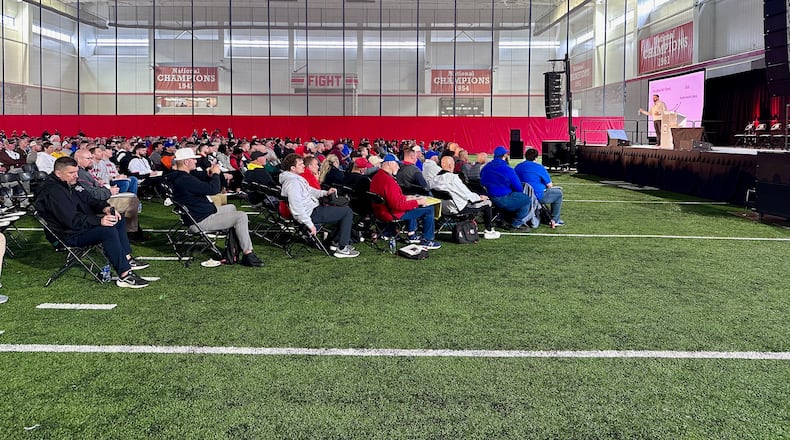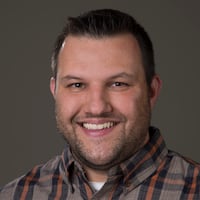While that initially sounds like coach-speak, context is important.
The top level of college football has never seen a December like the one in store with the College Football Playoff expanding to 12 teams.
The four teams that get first-round byes will not have to play until Dec. 31 or Jan. 1, but the other eight will be in action the third weekend of the December — just two weeks after conference championship games.
The New Year’s Day (and Eve) winners will face a quick turnaround, too. The semifinals are scheduled for Jan. 9-10 with the new championship game to be played Jan. 20, so the schedule figures to be grueling for the final two.
“In the past, you had about a month to prepare bowl games,” Day said. “And you played in that bowl game, then your national championship then that was it. One or two plays could decide the whole season.
“Next year, we have this whole playoff system, and you’re only going to have about a week to 10 days to prepare for each week, so you’re not going to have a whole month of preparation. So the guys who have the best habits and the best fundamentals and know their stuff cold are gonna be national champions.”
To have his veteran team prepared to play deep into winter, Day started spring practice stressing the importance of “No-talent issues.”
That centers mostly on hard work and hustle, but Day also relayed a message the team received from retired NFL safety Malcolm Jenkins, who said he was able to extend his career to 13 seasons in no small part by getting more sleep and eating better in his final five years in the league.
After setting a baseline of expectations for how the Buckeyes should approach the spring, Day said the team turned to skill development, particularly as it relates to specific positions.
Then he shared a message he received from a former Navy SEAL titled, “Teams vs. Tribes.”
Credit: Marcus Hartman
Credit: Marcus Hartman
He is striving for his team to be the latter because tribes, so this line of thinking goes, are more than a group of people who happen to be associated with each other for some reason of other. A tribe consists of people working for a common purpose, such as survival. Tribes rely on others to achieve a goal for the whole, something Day wants from his team.
Next Day spoke about the different between being a player vs. being a professional. Professionals do as much or more of their work outside of practice, they concentrate on remembering things rather than reacting to what they are seeing, maintain a growth mindset and perform as problem solvers instead of waiting for help.
Credit: Marcus Hartman
Credit: Marcus Hartman
Lastly he had a theme he is hitting upon with his coaches this spring: Being a coach vs. being an expert.
While coaches direct their players on what to do, experts go deeper, putting players in position to succeed. Among other things, that goes back to skill development but also involves coaches being able to look around the corner for what is coming next.
Credit: Marcus Hartman
Credit: Marcus Hartman
If they can anticipate problems, they will be more successful at setting up players to do what they need to do to thrive.
Ohio State is set to conclude spring practice Saturday with the spring game at noon.
About the Author




